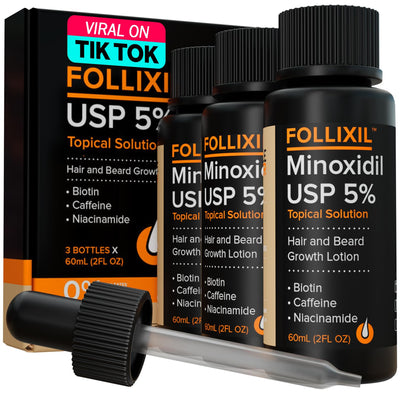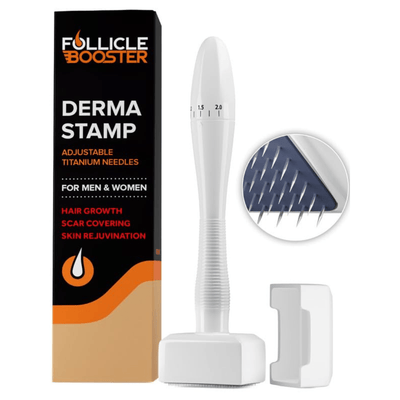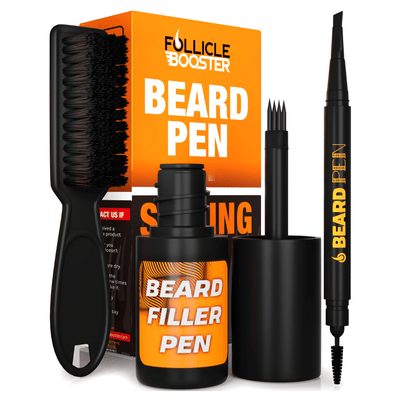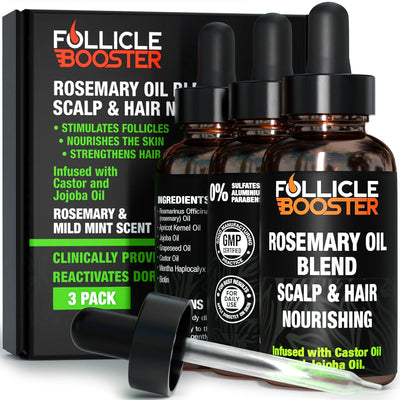Hair loss can be a daunting experience; for many, finding a solution becomes a top priority. Minoxidil, a popular over-the-counter treatment, has been a saving grace for countless individuals battling hair loss. However, what happens when you decide to stop using minoxidil? Understanding and preparing for the potential consequences is crucial for anyone considering discontinuing this treatment.

Hair Shedding Will Still Occur: One of the most significant concerns when stopping minoxidil is the occurrence of hair shedding. Minoxidil works by stimulating hair follicles, prolonging the growth phase of the hair cycle, and increasing hair thickness. However, the effects gradually wear off once you discontinue its use, and the hair follicles return to their normal cycle. This transition period can lead to a temporary increase in hair shedding, which can be distressing for many individuals.

What to Do: It is essential to understand that this shedding is often temporary and part of the natural hair growth cycle. However, to minimize the impact and support your hair health during this phase, consider incorporating other hair care practices. Focus on a balanced diet rich in vitamins and minerals essential for hair growth, such as biotin, zinc, and vitamin E. Additionally, gentle scalp massages and using a mild shampoo can help promote circulation and maintain scalp health.
Seeking Professional Guidance: When considering discontinuing minoxidil, it's not just a good idea, it's crucial to consult with a healthcare professional or a dermatologist. Their expertise and personalized advice based on your specific condition and medical history can be a beacon of light in your hair care journey. They can offer alternative treatment options or suggest adjustments to your hair care routine to mitigate any potential adverse effects of stopping minoxidil, providing you with the reassurance and support you need.

Addressing Underlying Causes: While minoxidil can effectively manage hair loss symptoms for many individuals, it's essential to address any underlying causes that may contribute to hair thinning or loss. Factors such as hormonal imbalances, nutritional deficiencies, stress, or certain medical conditions can impact hair health. By addressing these root causes, you can better manage your hair loss and reduce reliance on minoxidil or other treatments.
Develop a Comprehensive Hair Care Routine: Regardless of whether you continue using minoxidil or not, establishing a comprehensive hair care routine is not just beneficial, it's essential for maintaining healthy hair. This routine, which includes regular washing with a gentle shampoo, conditioning to keep hair hydrated and manageable, and protecting hair from environmental damage, puts you in the driver's seat of your hair health. Additionally, incorporating scalp treatments or serums containing ingredients like peptides, antioxidants, and growth factors can further support hair health and growth, giving you the power to nurture your hair from the roots.
Hair loss is a complex and multifaceted, and there's no one-size-fits-all solution. While minoxidil can be an effective tool in managing hair loss, it's essential to weigh the potential consequences of discontinuing its use and plan accordingly.
By understanding the effects of stopping minoxidil and implementing proactive measures to support your hair health, you can confidently navigate this transition period and maintain healthy, vibrant hair in the long run. Remember, seeking professional guidance and adopting a holistic approach to hair care are critical pillars in managing hair loss effectively.










